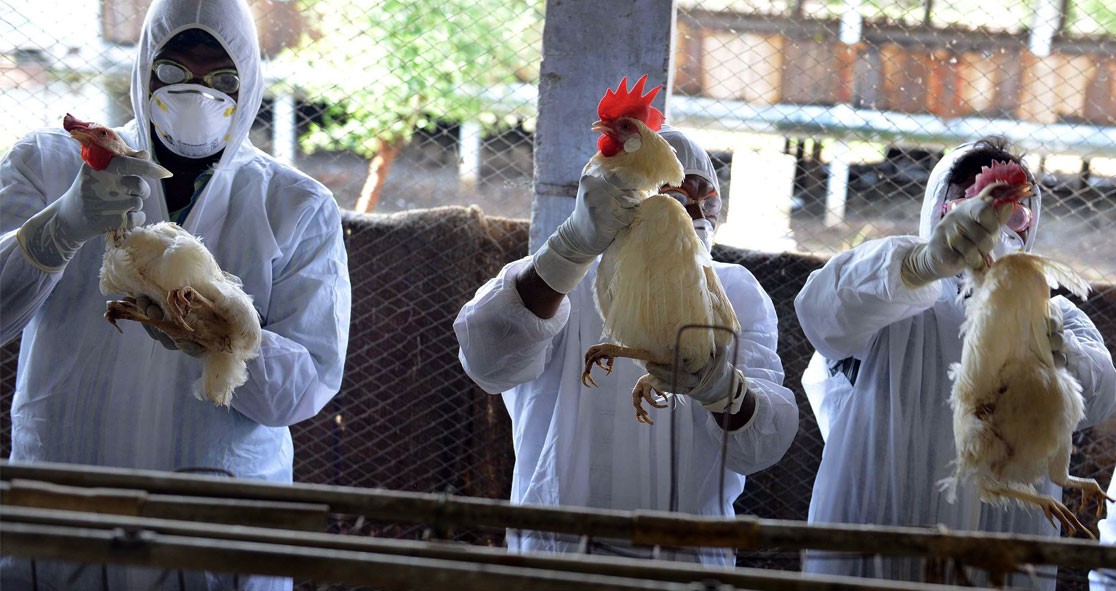The World Organisation for Animal Health (OIE) has recently received reports of several outbreaks of severe bird flu in Europe and Asia, which could be a sign that the virus is spreading quickly again, according to The Guardian.
Also called avian influenza, bird flu has put the poultry industry in Europe and Asia on alert after previous outbreaks culled tens of millions of birds.
Epidemiologists have also expressed concerns over the transmission of the virus to humans.
In China, 21 human infections with the H5N6 subtype of avian influenza have been reported so far this year, more than in the whole of 2020.
In South Korea, public health officials reported an outbreak at a farm of around 770,000 poultry in Chungcheongbuk-do, according to the OIE, citing a report from the authorities. All animals have been slaughtered.
Furthermore, Japan reported its first bird flu outbreak of 2021 at a poultry farm in the northeast of the country, the OIE confirmed. The serotype in this outbreak was H5N8.
“In Europe, Norway reported an H5N1 bird flu outbreak in the Rogaland region in a flock of 7,000 birds,” the OIE said.
Typically, bird flu circulates among wild birds. When these wild birds migrate to the UK from mainland Europe in winter, the disease tends to spread to poultry and other captive birds.
Meanwhile, Belgium has put the country at increased risk for bird flu. It ordered poultry to be kept indoors after a highly pathogenic strain of bird flu was discovered in a wild goose near Antwerp, a port city on Belgium’s River Scheldt.
Earlier this month, France and Netherlands have followed the same move. Also, a bird flu prevention zone was declared across Great Britain, requiring all bird keepers to follow strict biosecurity measures.
Bird flu may affect humans in rare cases if they touch infected birds, their droppings or bedding, or while preparing infected poultry for cooking.
There are lots of different variants of the bird flu virus and most of them do not infect humans, according to the National Health Service (NHS) UK. However, there are 4 strains that have caused concern in recent years – H5N1, H7N9, H5N6, and H5N8.
In February 2021, H5N8 was found to have infected a small number of people for the first time in Russia, according to the NHS.























